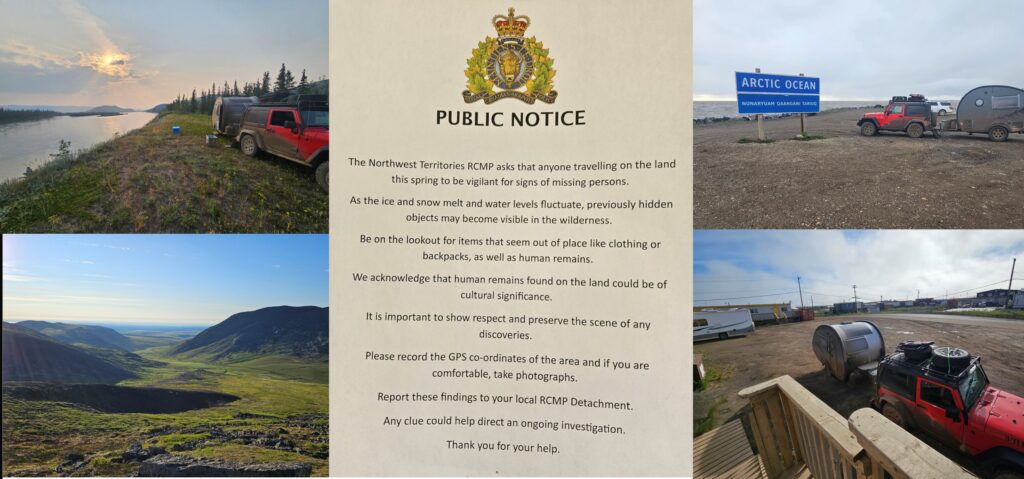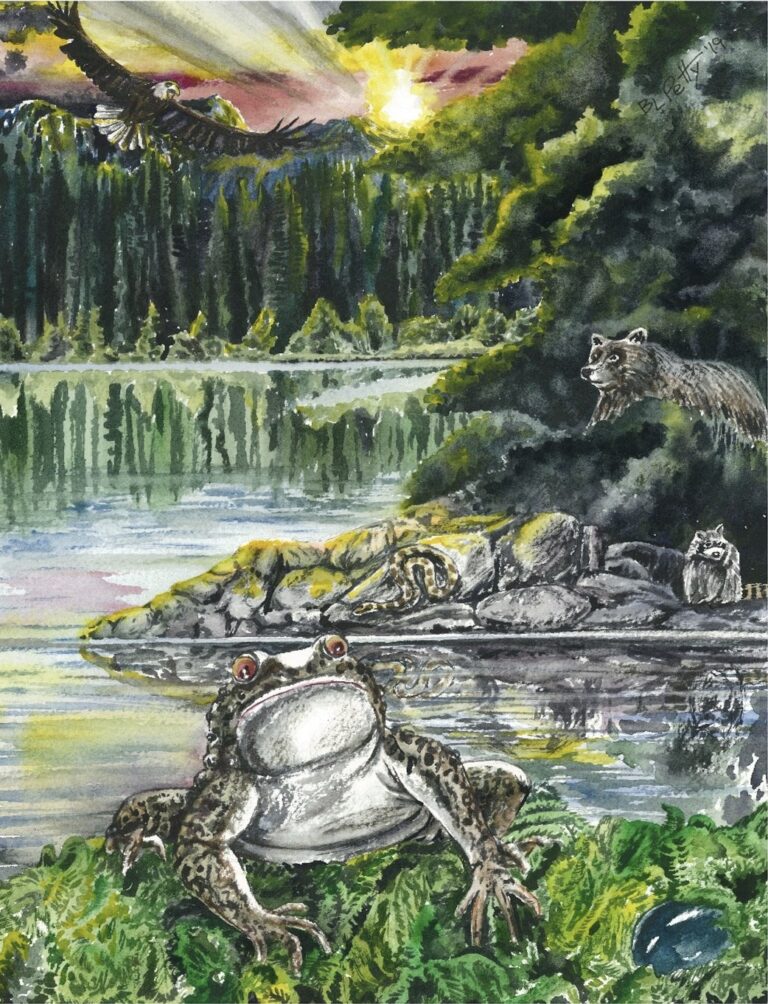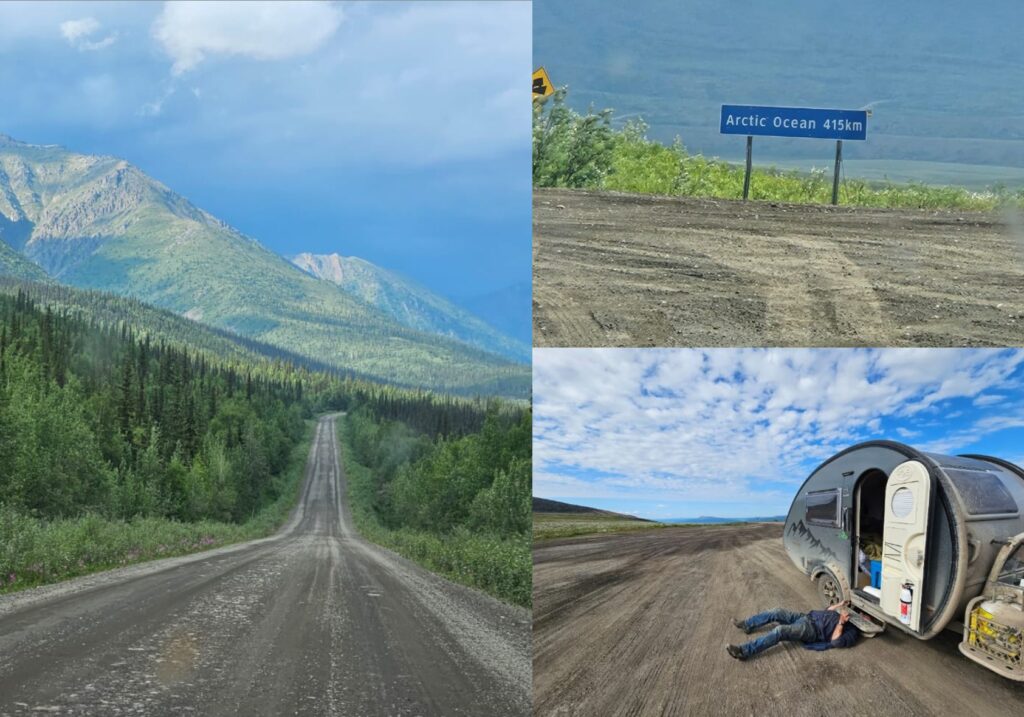Let The River Decide
A present-day eco-thriller where northern rivers stop merely witnessing harm and begin correcting it. When memory turns sentient, water becomes the conscience humanity refused to hear.
EᴠØ-Myth™ Thread
• Nature Awakens to Justice
• Epoch: Present day
• Axis: The water remembers
• Creation’s lesson: The environment becomes the conscience humanity has ignored.



A road-north literary eco-thriller where rivers remember—and decide.
I didn’t set out to write this. On our return from the Arctic Ocean, we took stock: scarce wildlife and low insect diversity; brown, algae-filmed water; yellow-stained rocks and dry, overgrown creek beds; tainted rivers; and missing-person posters that multiplied the farther north we drove. Alongside that, we met kind, generous northern people—beheading and gutting fish, then smoking or cooking them, and sharing by the river. That collision—decades of industrial expansion pressing into the North and onto Indigenous nations—became the novel.
At 86,000 words, Let the River Decide blends literary eco-thriller momentum with memoir realism and ecological mystery. Told in alternating first-person voices—mine and my eighty-two-year-old stepfather, Cliff’s—we leave Bralorne, British Columbia, with two dogs and a playful goal: touch the Arctic Ocean at Tuktoyaktuk and buy two hats. The road north darkens along the Dempster Highway as rivers run cloudy, wildlife thins, and desecration proves inescapable. In the Mackenzie Delta we’re drawn to Smokehouse Camp, a Tłekeh Dene fishing village, where we meet Chief William Tallfeather, an anti-dam leader, and his daughter Leanna, a Calgary-based Indigenous CEO advocating new hydro corridors. Elders share maps and testimony and leave us with a refrain: “The river remembers what we forget. When it is ready—it reclaims.”
Back on the road, a black truck shadows us; strangers vanish; the RCMP outpost is shuttered. In Ottawa, the “One Canada, One Economy” agenda—arriving amid U.S.–Canada tariff tensions that suddenly make “domestic” corridors feel urgent—clears the way for a $14.2-billion Mackenzie Hydro Corridor. Hours after approval, the North answers—not with headlines, but with absence. The river no longer only witnesses. It acts.
Though fiction, the novel is grounded in lived travel, council minutes, land records, environmental data, and public reporting on river tragedies and missing-person patterns. It entwines ecological consequence with intimate human arcs, becoming testimony of what politics erase—where water remembers, judges, and acts.
Readers of Peter Heller’s The River, Kimi Cunningham Grant’s The Nature of Disappearing, and Marcie R. Rendon’s Where They Last Saw Her will find wilderness stakes, intimate human arcs, and moral consequence—while this story stands apart in treating water as a sentient force.
